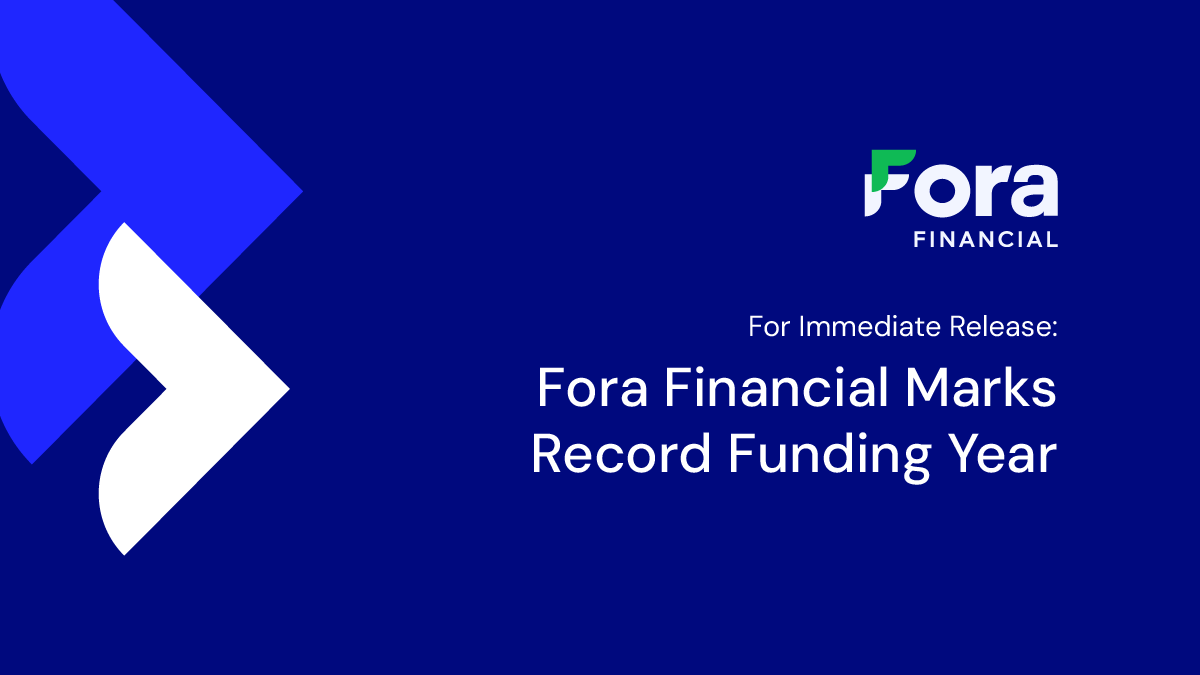The Power of Three: Be Sure to Have these Financial Reports Before Seeking Capital

You're well aware that the ability to secure financing can be a game-changer for your small business. But do you know that the key to unlocking those funds may be sitting right in your bookkeeper's files?
Well-maintained financial reports can be your secret weapon in the loan application process, potentially saving you time, reducing stress, and making you a more attractive candidate to lenders. What's more they may also cut the time you spend searching, applying for, and choosing between lenders. Here's a rundown of this terrific trio:
Your balance sheet: Where the story begins
A balance sheet shows what your small business owns, what it owes, and the dollar-total of how much you've invested in it. Since the balance sheet provides a summary of your business's financial position, business loan lenders often look at this statement first.
The balance sheet includes information on your:
- Assets: Cash, inventories, receivables, property and equipment, as well as intangible assets, such as patents, your brand, or intellectual property.
- Liabilities: What you owe, including payroll, accounts payable, taxes, overhead, and utilities.
- Equity accounts: The total of all retained earnings and paid-in capital.
If your balance sheet shows more liabilities than assets, loan qualification may not be feasible.
Netting out: Your income statement
An income statement lists your business's revenue, expenses, and profit or loss over a designated time period. Depending on your industry and/or other variables, revenue may be broken down differently. But regardless of format, an income statement is a valuable tool for lenders when analyzing your profit margins and sales volume.
Depending on the type of financing that you're pursuing, a lender might cite sales volume or revenue as qualification criteria. For example, many lenders require a minimum annual revenue for loan eligibility; your income statement will provide this information and help in determining whether you make the cut.
Digging even deeper: Your cash flow statement
Not all small businesses publish a cash flow statement. However most lenders require one. It's important to them, since the revenue on an income statement may not reflect the actual amount of cash flowing into the business.
For example, suppose you use accrual accounting and your income statement shows $250,000 of profit in August. Without the cash flow statement, you might assume you have $250,000 with which to make payments in August. But since accrual accounting recognizes sales when they're posted, the cash from that sale may not actually arrive until October — credit-card sales are a great example of this lag. Using your cash flow statement, a lender can determine how much you can afford to pay monthly on a loan.
How Lenders Use These Documents
Using figures from the three financial reports, lenders can also calculate three important ratios:
- Quick ratio: Also known as the "acid-test" or "liquidity" ratio, this determines if you can pay off your short-term obligations with your most liquid assets. Lenders use your balance sheet to determine the value of your liquid assets, including cash, then divide that by your short-term liabilities.
- Debt-to-income ratio: How much of your monthly income goes to debt payment? Many lenders set a maximum debt-to-income ratio (DTI) as part of their eligibility criteria.
- Cash flow-to-debt ratio: This compares your monthly cash flow to your debt. It's similar to DTI but replaces monthly income with monthly cash flow for a more precise picture of available cash for payments.
Running financial reports and calculating ratios will help you see your business from a new and critically important perspective. Getting these documents squared away makes you better prepared to apply for a loan, while also empowering you to run a more successful business.
Did you know?
The magic numbers. A debt-to-income ratio (DTI) of 36% or lower helps in making a highly desirable loan applicant — though a DTI of up to 50% can also bode well for a business owner.
Source: Investopedia
Since 2008, Fora Financial has distributed $4 billion to 55,000 businesses. Click here or call (877) 419-3568 for more information on how Fora Financial's working capital solutions can help your business thrive.






